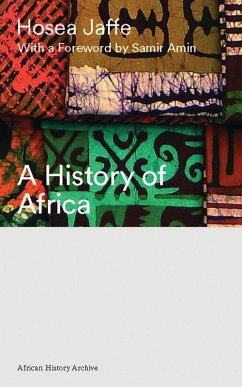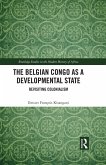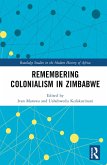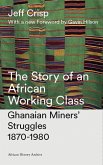Spanning more than two thousand years of African history, from the African Iron Age to the collapse of colonialism and the beginnings of independence, Hosea Jaffe's magisterial work remains one of the few to do full justice to the continent's complex and diverse past.
The great strength of Jaffe's work lies in its unique theoretical perspective, which stresses the distinctive character of Africa's social structures and historical development. Crucially, Jaffe rejects all efforts to impose Eurocentric models of history onto Africa, whether it be liberal notions of 'progress' or Marxist theories of class struggle, arguing instead that the key dynamics underpinning African history are unique to the continent itself, and rooted in conflicts between different modes of production.
The work also includes a foreword by the distinguished economist and political theorist Samir Amin, in which he outlines the contribution of Jaffe's work to our understanding of African history and its ongoing post-colonial struggles.
The great strength of Jaffe's work lies in its unique theoretical perspective, which stresses the distinctive character of Africa's social structures and historical development. Crucially, Jaffe rejects all efforts to impose Eurocentric models of history onto Africa, whether it be liberal notions of 'progress' or Marxist theories of class struggle, arguing instead that the key dynamics underpinning African history are unique to the continent itself, and rooted in conflicts between different modes of production.
The work also includes a foreword by the distinguished economist and political theorist Samir Amin, in which he outlines the contribution of Jaffe's work to our understanding of African history and its ongoing post-colonial struggles.









